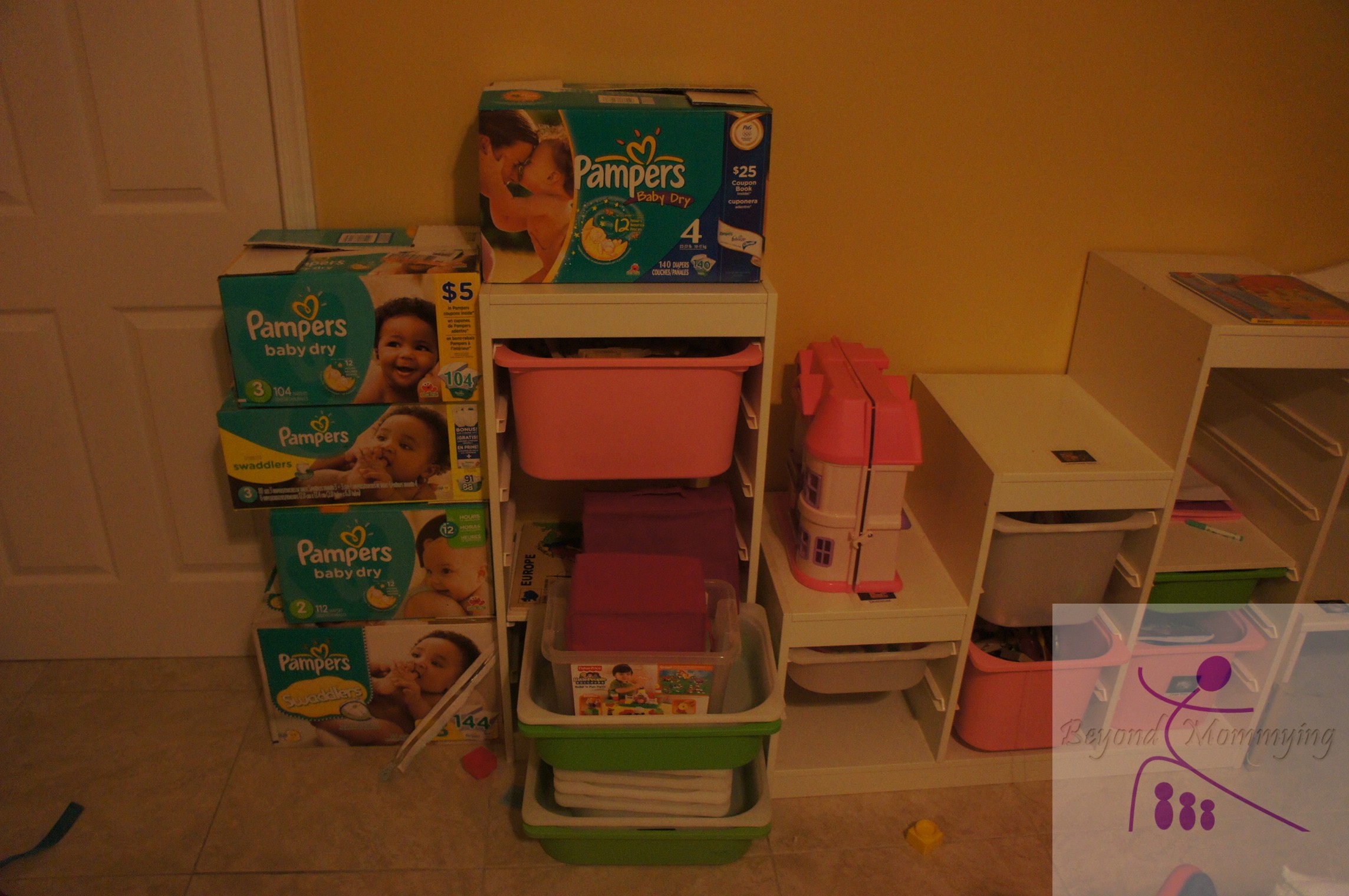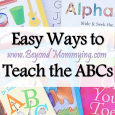Punishment is commonly considered a “dirty” word when it comes to parenting. It’s generally seen as a negative term and is thought to be something that is done TO a person by another and is not deemed appropriate for young children. However, it’ just a word and in reality “punishment” (A penalty inflicted) happens to all of us all the time, we just don’t think of it in terms of being a punishment. The term “consequence” is used much more frequently and is seen as being lighter or more appropriate, specifically with small children. Consequences come in many forms, but the ones I try to focus on with my children are “natural” and “logical” as they are the best at helping children learn right from wrong and dissuading them from repeating a behavior.
Think of Natural Consequences as the “cause and effect” of the world. Babies learn early on if they cry, mom or dad will come. Later they learn if they push a button on a toy it will do a specific action. These are both Natural Consequences of the child’s actions, things that happen automatically without a separate outside force (usually an adult). Good adult examples of Natural Consequences are: if you forget to put leftovers away, they will go bad; if you don’t fill up the car it will run out of gas; if you try to get something just out of reach it will fall on your head; if you don’t feel your baby when they are hungry they will cry.
Logical Consequences, on the other hand, are imposed by another force but are directly related to the action. Babies experience Logical Consequences when they throw their plate and mommy takes their dinner away or if when they bite a friend, the friend is moved away. Since the consequence is directly related to the action, it helps to discourage the original behavior in the future. Good adult examples of Logical Consequences are: if you forget to pay the electric bill, your power will be shut off; if you are late to work you may get fired; if you drive too fast you could get a speeding ticket; If you leave crayons laying around your child might color on the walls.
Especially in young children, consequences that are not natural or logical often don’t get the message across to the child that their action was unacceptable. For example, taking away TV privileges when a child hits another child doesn’t teach the child not to hit. Here are some examples of Natural and Logical consequences in different situations:
Action, Consequences (N=Natural, L=Logical)
Sugarplum tries to climb on the counter, (N) Sugarplum falls, (L) Sugarplum is removed from the room
Honeybun doesn’t eat her dinner, (N) Honeybun is hungry, (L) Honeybun doesn’t get dessert
Sugarplum has a pee-pee accident, (N) Sugarplum feels cold and wet, (L) Sugarplum has to stop playing and change clothes
Girls are fighting over a toy, (N) One of them may get hurt (pushing, etc.), (L) Toy gets taken away
Honeybun throws a toy at Sugarplum ‘s head, (N) The toy breaks (and Sugarplum gets hurt), (L) Toy gets taken away and Honeybun gets some alone time
Honeybun fights going to bed, (N) Honeybun will be tired, (L) Honeybun gets comfort item(s) taken away
Girls won’t clean up toys, (N) Toys could get lost or broken, (L) Toys get put in trash bag and “thrown away”
Obviously, while Natural Consequences are the most effective, they are not always the best option. I try to avoid letting my children get hurt from a Natural Consequence and instead intervene as necessary with a Logical Consequence instead. I will admit, however, to once knocking over Honeybun’s chair when she refused to stop pushing her feet on the table despite my warnings she would fall/knock the chair over and after using Logical Consequences such as making her stand, leave the table, etc. were unsuccessful. HOWEVER, I held onto the chair the whole time and did a slow fall, ensuring she didn’t get hurt. Sometimes you just have to take a stronger approach! I would rather soothe inflicted tears because I scared her than deal with a cracked open head or broken bone. (I’m also the mom who runs to get the camera when my children are in precarious situations and takes a picture before helping them).






